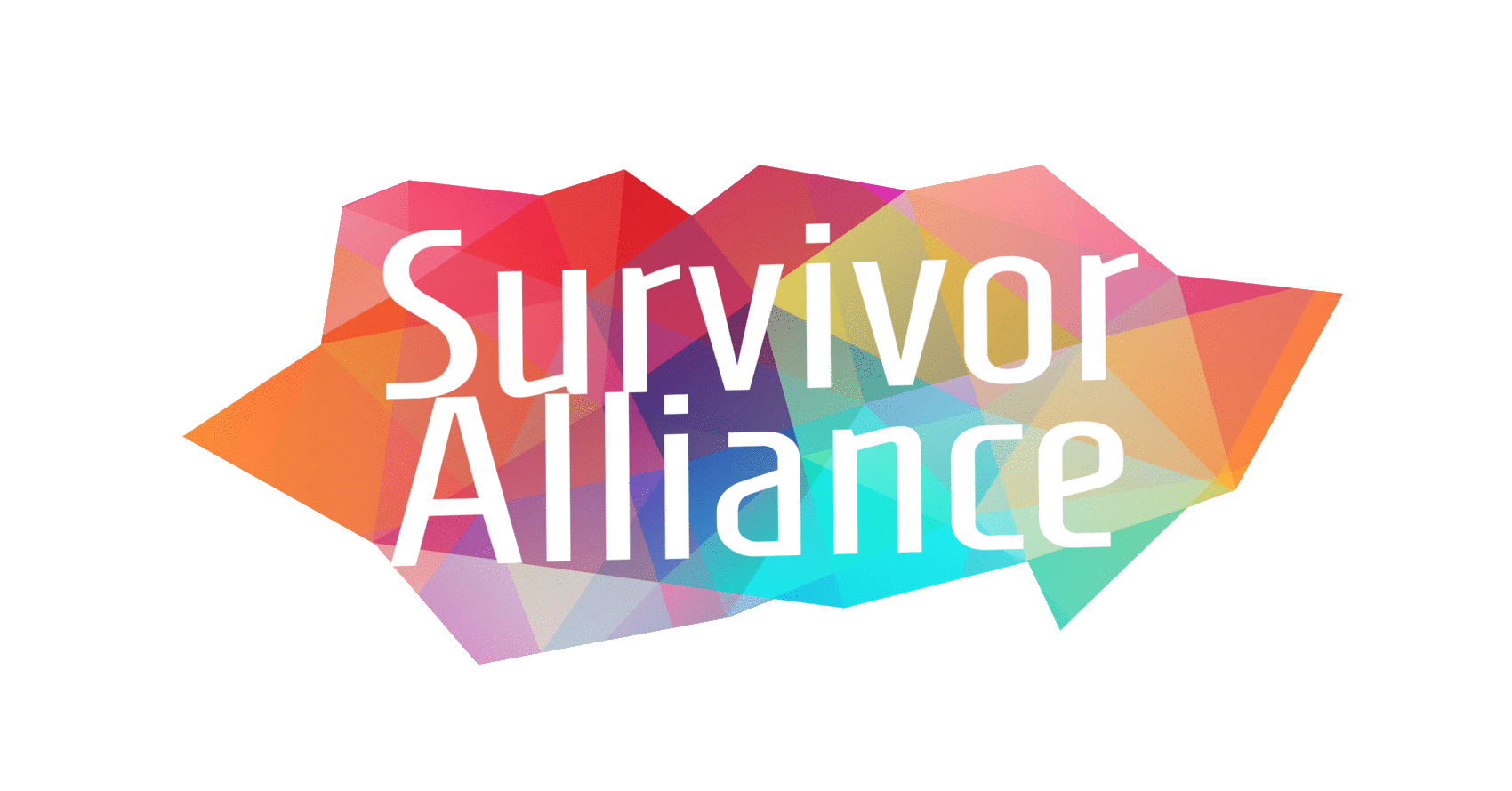Fundamentals of Survivor Inclusion
Few people explicitly deny that survivor inclusion is important. However, our movement still has a long way to go in making inclusion proactive, respectful, and meaningful. First, we need to understand the benefits of survivor inclusion and the consequences of exclusion.
benefits of survivor inclusion
Survivors bring global and multi-faceted perspectives.
Each individual survivor has unique lived experience, life experience, and work experience that allows us to create custom solutions to complex problems.
Survivors have a strong network and platform. Our ‘seal of a approval’ goes a long way in terms of word-of-mouth referrals.
Survivors receive additional opportunities for growth and development.
Consequences of Survivor Exclusion
Everyone becomes used to seeing survivors through the lens of trauma.
Interventions are not effective in reaching survivor communities.
(E.g. Media campaigns directed to victims but have included no survivor input. Survivors often say, "I would have never thought that message applied to me while I was being victimized.”)Valuable insights and expertise are lost.
Barriers to Inclusion
exclusion
Survivors are not simply not asked for our input.
Survivors are assumed to be unqualified to provide “professional” or “academic” input.
The same survivor leaders are invited to participate on Advisory Boards or in leadership roles.
Ally leaders can feel threatened if survivors are recommending whole-sale change, pointing out gaps, or vying for the same jobs.
TOKENISATION
Survivors are often seen as only being worth our trauma.
We are asked to tell the same story of exploitation repeatedly and excluded if we try to tell another message.
We are treated in paternalistic ways, with well-intentioned allies deciding if we are “ready” for engagement of it it will be “too traumatising” for us.
There is less opportunity once a survivor goes public their any part of their lived experience of trauma.
resource gap
Survivors face challenges in accessing higher education and professional certifications.
There are few job training programs to enter the NGO sector.
Survivors may need to access direct services while working, in order to create stability in our lives.
Many opportunities are unpaid which makes survivors unable to join. Survivors are typically not joining on behalf of their role at a full time job.
Meaningful Survivor Inclusion
Empower survivors
Invite survivors to influential advisory or board positions
Hire survivors to create initiatives, programs and policies not after the fact as a tick box exercise
Use survivor-led platforms to hire survivor consultants for their wide range of expertise
diversify opportunities
Include survivors on planning committees for events
Include survivors on all panels - don’t just have one panel of survivors
Provide leadership training and mentorship
Ask survivors what is missing and our thoughts on solutions
compensate us!!!
Pay survivors for our work and expertise
Cover travel and per diem as you would any consultant
Review Survivor Alliance’s Fundamentals for Compensation guide






